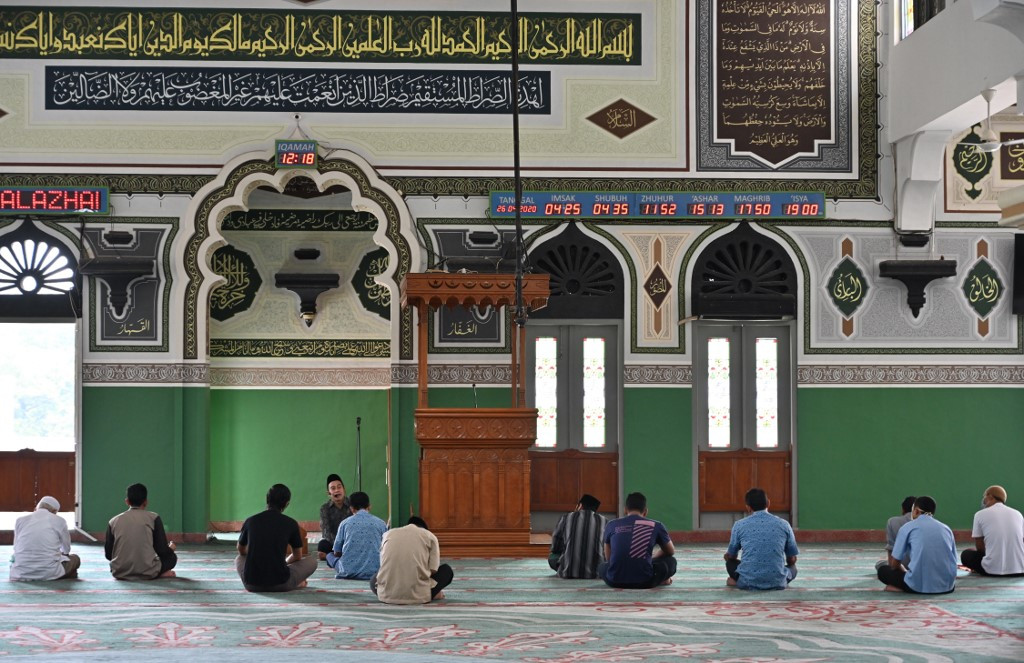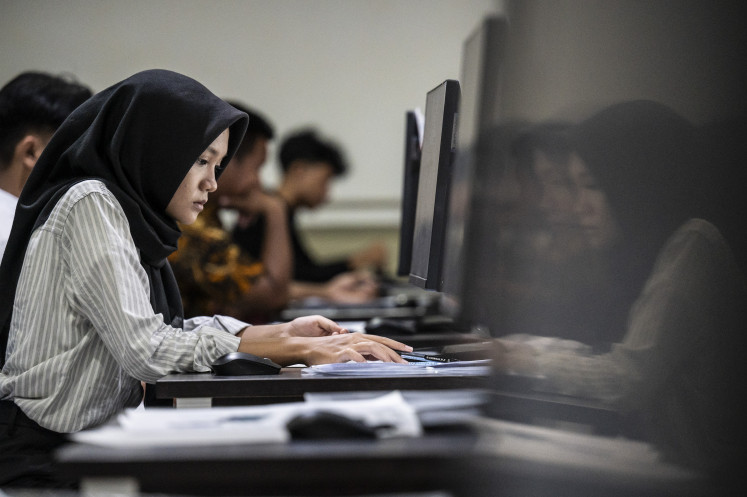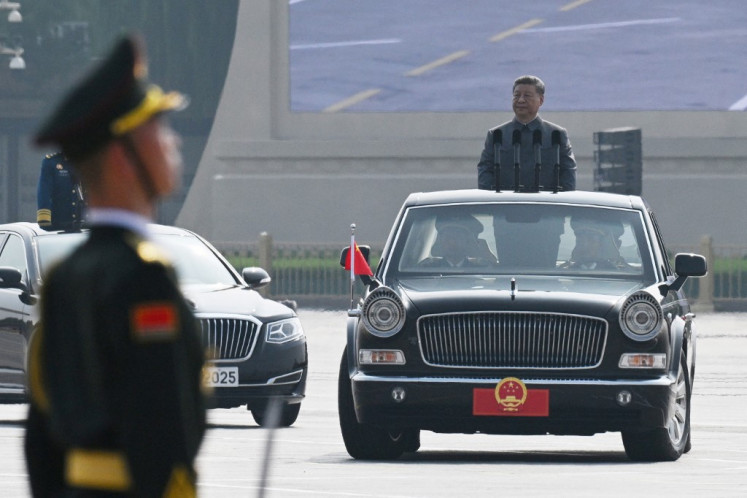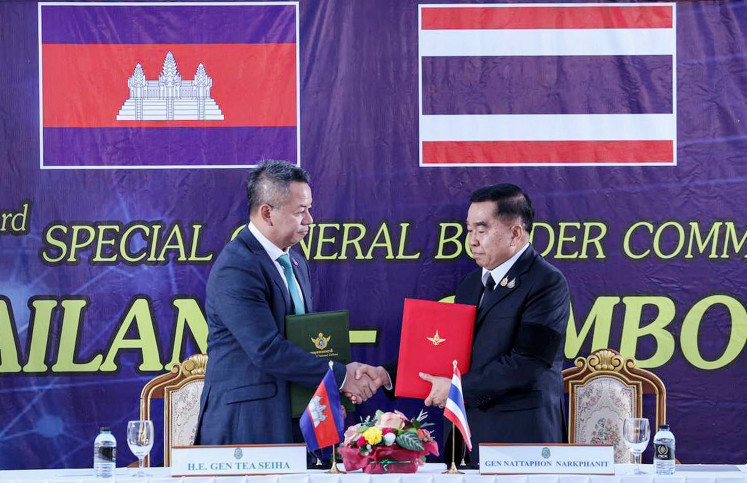Popular Reads
Top Results
Can't find what you're looking for?
View all search resultsPopular Reads
Top Results
Can't find what you're looking for?
View all search resultsA silent Ramadan
The Ramadan fasting month is a time of the year when Muslims can splurge, when they can spend excessively to have the best and most extravagant meals to break the fast.
Change text size
Gift Premium Articles
to Anyone
O
ther than being a sign of submission to the Almighty, religious rituals should be seen as a conduit through which religious believers can learn the moral lesson from the said practice. Fasting during Ramadan is one of those rituals whose moralistic significance should outweigh its esoteric meaning.
First and foremost, fasting during Ramadan should be treated by Muslims the world over as a ritual through which they can exercise restraint and control over their primary instincts. While fasting, Muslims are not only forbidden from eating and drinking but also are not allowed to indulge in their basest of emotions.
The moral lesson is obvious, with an empty stomach we are expected to be able to stand in the shoes of those who are destitute and poor. The Prophet Muhammad himself had taken pain to show that fasting is the ultimate exercise in restraint and self-control by ordering his followers to consume a limited amount of food and drink even when the ritual is over. His favorite food for breaking the fast is said to be dates and water.
Yet, the example set by the Prophet has been lost on Muslims. If anything, Ramadan is the time of the year when Muslims can splurge, when they can spend excessively to have the best and most extravagant meals to break the fast.
Those who are short of time but awash with cash, the well-heeled members of the expanding middle-class, choose to have their iftar dinner at some of the most expensive eating establishments.
Government and private institutions spend a significant amount of their PR budget on hosting expensive iftar dinners locally known as buka puasa bersama (breaking-of-the-fast gathering). It has become the norm in recent years that traffic jams are at their worst in the hours leading up to iftar dinner in the vicinity of shopping malls, where Muslims choose to break the fast.
As a consequence, the Ramadan fasting month has been an engine of growth, when companies can expect a surge in sales of sugar, rice, meat and other food-related commodities. It has also become a routine that the government must increase imports of basic foodstuffs so that supply is enough for everyone and that inflation remains in check.
It takes a pandemic to put a stop to this madness.
For two years in a row, Muslims in the country have had to fast during Ramadan under COVID-19 health restrictions. The government has also imposed a ban on traveling home for mudik (Idul Fitri exodus). The Religious Affairs Ministry has also ordered Muslims not to perform Ramadan rituals in mosques considered to be in areas where COVID-19 cases are high.
Those who are fatigued by COVID-19 restrictions will likely find a workaround to deal with these curbs, but the truth of the matter is that Muslims should find the restrictions to be a blessing in disguise. Now, they can really focus on the rituals and do away with the excess.
Physicians have long argued that fasting is good for our health. This time it couldn't be truer. Ramadan Kareem everyone.










